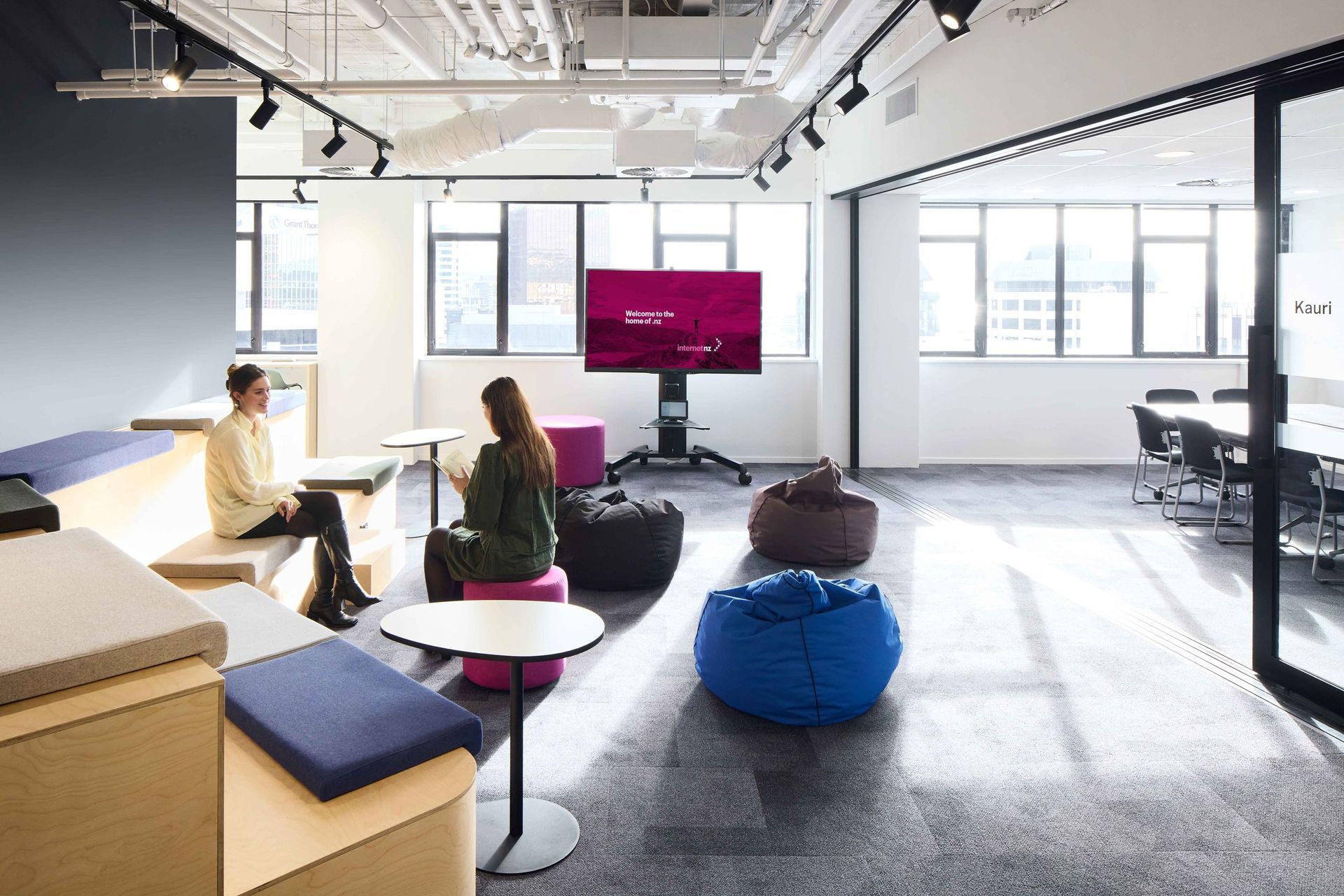What does the Ideal Workplace look like in a Softer Economy

According to the Gallup State of the Global Workplace 2023 study, which encompasses New Zealand, the crux is not the location of work, but rather the quality of the work experience, which significantly impacts productivity, engagement, talent retention, and ultimately, the financial outcomes.
Amidst a softening economy, rising expenses, and low productivity, New Zealand confronts a competitive talent market. Yet, the solutions that enable business leaders to effectively navigate these turbulent times might be more straightforward than anticipated.
Productivity, the war for talent and the irrelevance of location
As we hit the middle of 2023, New Zealand's not just dealing with a recession; our productivity is also lagging, ranking 24th in the OECD. Plus, we're seeing more Kiwis looking for better-paying jobs overseas, adding to our economic challenges.
Key insights:
- Stress and engagement impact employee performance 3.8 times more than location (Gallup).
- Enhancing workplace experience can increase productivity by up to 25% with just a 10% improvement in employee experience (Accenture).
- Purpose-driven employees are 54% more likely to remain for over five years (Imperative and NYU).
- Addressing employee burnout, a major cost factor, can reduce payroll expenses significantly (McKinsey).
These findings suggest that an optimised workplace experience is crucial in both remote and office settings, particularly in a softening economy.
What are workplace experience and culture?
Workplace experience is influenced by culture and other factors such as individual preferences, expectations, motivations, and goals. It is shaped by the organisation's purpose, mission, vision, values, leadership style, communication patterns, feedback mechanisms, and reward systems.
Wellbeing
In the modern workplace, leaders' commitment to employee wellbeing is pivotal. Gallup's 2023 study emphasises that beyond compensation, workplace engagement, experience, and wellbeing are paramount. Employees seek recognition, care, and respect.
Key strategies for leaders to enhance workplace wellbeing include:
- Implementing flexible work arrangements.
- Offering mental health support.
- Enhancing physical work environments with ergonomic furniture, air purifiers, and efficient layouts.
- Fostering a culture of employee recognition.
- Maintaining transparency in operations.
- Prioritising physical health initiatives.
Neurodiversity
Embracing neurodiversity in the workplace not only enriches culture but also leverages unique perspectives. Neurodiverse individuals often perceive connections and patterns that are less obvious to others, fostering innovation and diverse problem-solving approaches.
Cultivating an inclusive environment involves educational programmes for awareness, alongside mentoring and feedback mechanisms. Additionally, adapting workspaces to meet neurodiverse needs is crucial. Such initiatives contribute to a culture of comprehensive inclusion, respect, and psychological safety for all staff members.

